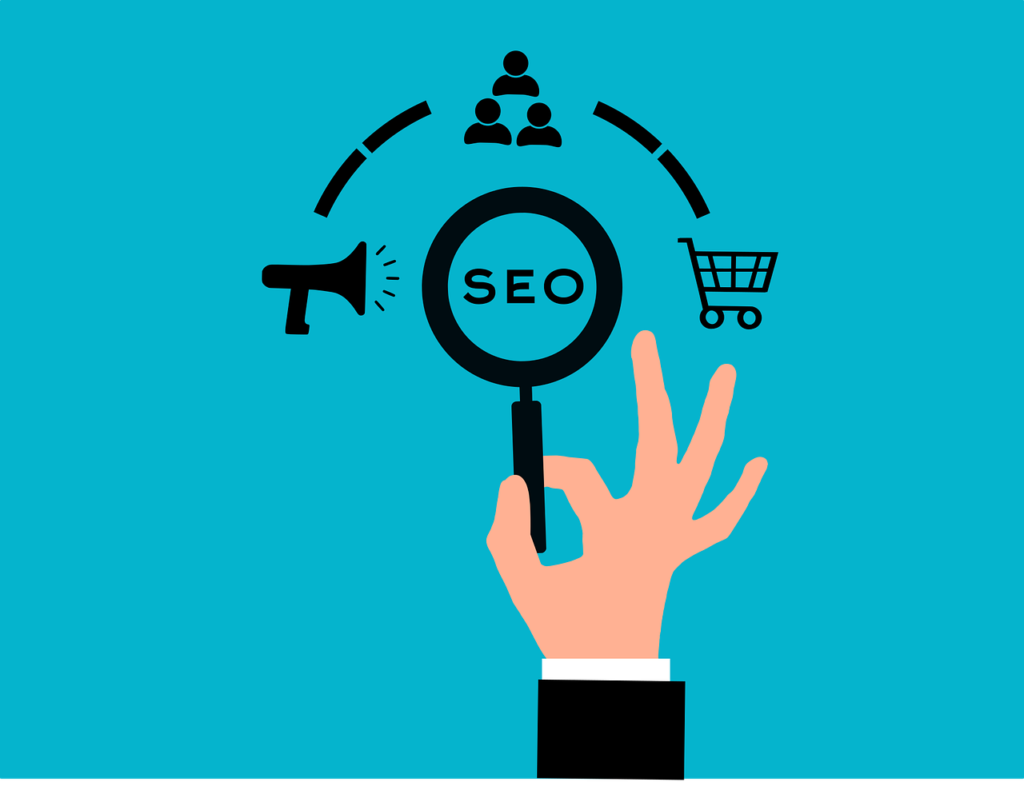
In the rapidly evolving world of ecommerce, establishing a strong online presence is essential. As more businesses transition to digital platforms, the competition becomes fiercer, and achieving visibility among countless online stores can be challenging. This is where customized SEO solutions play a vital role. Tailored SEO strategies not only help ecommerce businesses reach their target audience but also foster sustainable growth by improving visibility, driving traffic, and ultimately increasing sales. In this article, we’ll explore the importance of SEO in ecommerce and delve into key areas that a wellrounded SEO package should address.
1. The Importance of SEO for Ecommerce Success
For ecommerce, SEO is essential for several reasons:
Improved Visibility: With millions of ecommerce sites competing for attention, high SERP rankings are crucial for getting noticed by potential customers.
Organic Traffic Growth: Effective SEO practices attract organic traffic, which is more costeffective and trustworthy than paid ads.
Higher Conversion Rates: When users find products through organic searches, they’re often more likely to convert into paying customers.
Brand Credibility: Ranking high on search engines establishes credibility and trust with consumers, as they view highranking sites as more reliable and reputable.
In short, a customized SEO package provides ecommerce businesses with a tailored strategy designed to help achieve these goals in a scalable and sustainable way.
2. Why Customized SEO is Essential for Ecommerce
While general SEO practices are beneficial, they aren’t always enough to give ecommerce sites a competitive edge. Customized SEO solutions are essential because they align with the unique needs of each business, considering factors like:
Target Audience: Different ecommerce businesses cater to different demographics, and SEO strategies should reflect the behaviors and preferences of their specific target audience.
Product Range and Niche: SEO for a broad product range (e.g., a marketplace) differs from a specialized store focused on a single category. Tailored SEO solutions address these nuances effectively.
Competitive Landscape: Some ecommerce markets are highly saturated, requiring more aggressive SEO tactics, while niche markets may need different approaches.
LongTerm Business Goals: Customized SEO packages take into account the growth trajectory and longterm objectives of the business, crafting strategies to support scalable growth over time.
With tailored SEO solutions, ecommerce businesses can maximize their ROI by implementing strategies that directly contribute to their success.
3. Key Components of a Customized Ecommerce SEO Package
A wellrounded ecommerce SEO package should address multiple aspects of the online shopping experience, focusing on areas like keyword optimization, technical SEO, content strategy, and more.
a) Comprehensive Keyword Strategy
ProductSpecific Keywords: Identifying highintent, productspecific keywords that drive qualified traffic to product pages.
LongTail Keywords: Longtail keywords attract visitors looking for specific products, which often leads to higher conversion rates.
Seasonal Keywords: For businesses with seasonal products, using keywords that align with trends can boost traffic during peak times.
Localized Keywords: Especially important for brands with regional or local operations, localized keywords help reach nearby audiences more effectively.
A robust keyword strategy not only increases the visibility of individual product pages but also helps potential customers find exactly what they’re searching for.
b) Technical SEO Optimization
Site Speed Optimization: Ecommerce sites must load quickly, as slow speeds can deter customers and lead to higher bounce rates.
Mobile Responsiveness: Given the increase in mobile shopping, ensuring a mobilefriendly experience is crucial for SEO and customer satisfaction.
Structured Data Markup: Utilizing structured data helps search engines better understand and display products in search results.
Crawlability and Indexing: Properly structured websites make it easier for search engines to index pages, improving the chances of ranking higher.
Technical SEO is foundational for creating a smooth, accessible experience that appeals to both search engines and shoppers.
c) Content Strategy and Optimization
Product Descriptions: Crafting compelling, optimized product descriptions that highlight unique features and benefits.
Category Pages: Optimizing category pages with relevant keywords and informative content to help shoppers navigate products effectively.
Blog Content: Educational and informational content relevant to the brand’s products can boost SEO while positioning the business as an authority in its niche.
UserGenerated Content: Encouraging reviews, ratings, and other usergenerated content can improve SEO while building trust with potential buyers.
A strategic content approach ensures that every page on an ecommerce site serves a purpose, whether to inform, convert, or build brand loyalty.
d) OnPage and OffPage SEO
OnPage SEO: Focusing on elements like meta titles, meta descriptions, alt tags, and header tags to improve page relevance.
LinkBuilding Strategy: Building a solid backlink profile by acquiring highquality links from reputable sources within the industry.
Social Signals: Although not a direct ranking factor, social engagement (likes, shares, mentions) can boost visibility and drive traffic.
User Experience Optimization: Ensuring an intuitive navigation structure and layout that makes shopping easy for customers and encourages longer visits.
Effective onpage and offpage strategies enhance the visibility of an ecommerce site across the web, expanding its reach beyond search engines.
e) Conversion Rate Optimization (CRO)
Testing and Optimization: Regular A/B testing on elements like calltoaction buttons, images, and product pages to identify what works best.
Improving the Checkout Process: A smooth, streamlined checkout experience helps reduce cart abandonment rates.
Building Trust Elements: Trust badges, secure payment options, and clear return policies increase customer confidence.
CRO complements SEO by focusing on turning visitors into buyers, ensuring that increased traffic leads to increased sales.
Conclusion
Customized SEO solutions are essential for ecommerce businesses looking to stand out in an increasingly competitive online landscape. By leveraging tailored SEO strategies that encompass keyword research, technical optimization, content creation, and more, ecommerce brands can achieve sustainable growth, attract a loyal customer base, and maximize their return on investment. As the digital marketplace continues to expand, investing in scalable SEO solutions will enable ecommerce businesses to adapt, grow, and succeed in the years to come.





